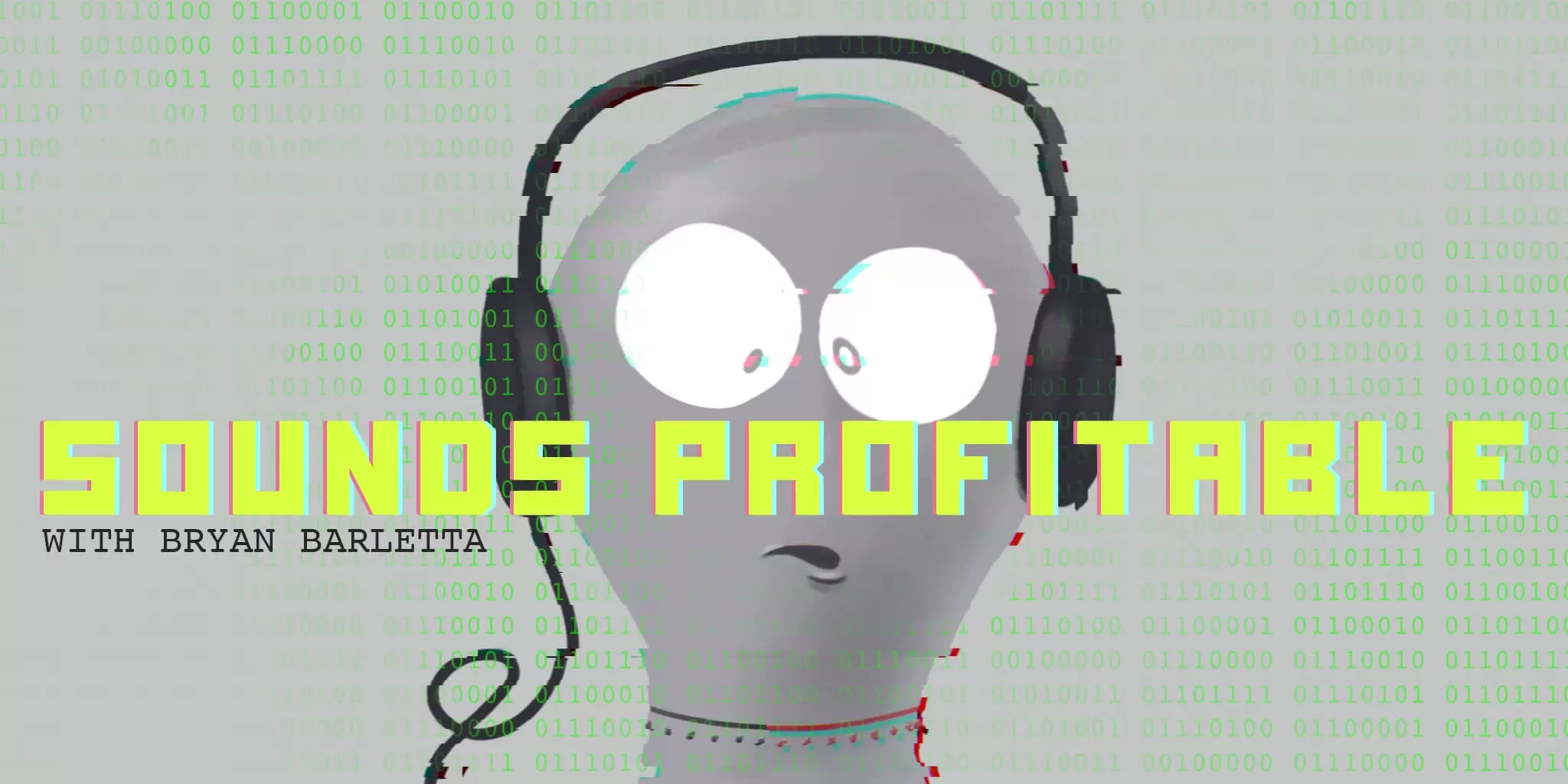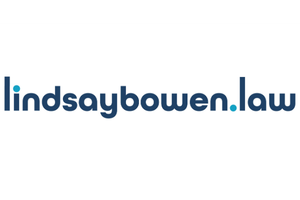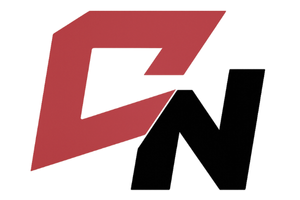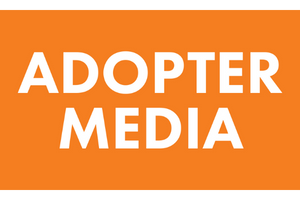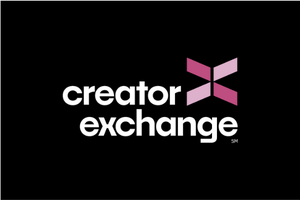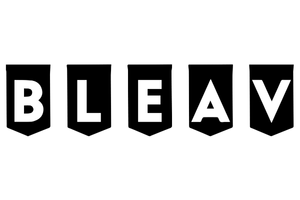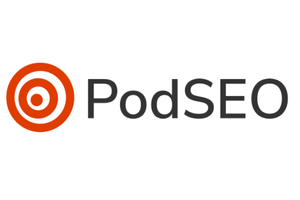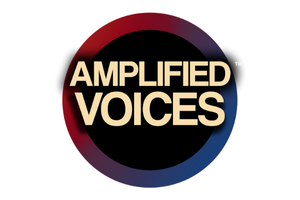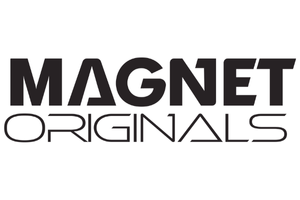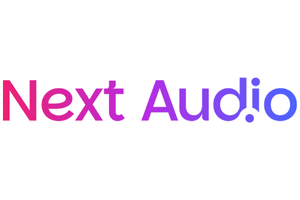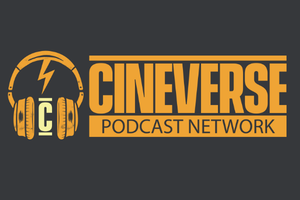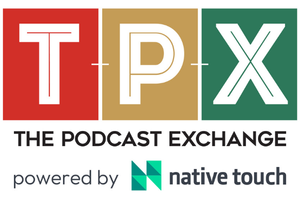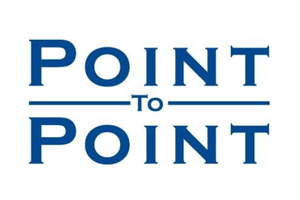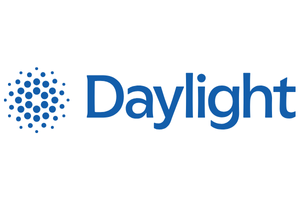Karo Chakhlasyan of Chartable joins me on the podcast this week to talk about the power of prefix analytics. Don’t forget, we’re running a podcast listener study with Edison Research, so please listen to an episode and fill out the survey! (we need 75 more responses!)
Introduction
If you haven’t caught on yet, I’m a big fan of attribution in podcast advertising.
The ability to directionally attribute a conversion action as an outcome of a podcast advertising campaign is a very powerful way to prove the full value of the advertising campaign. And I definitely mean directionally.
From promo codes and vanity URLs, which only shine a light on those that remember the specific call to action and aren’t lured away into better deals, to digitally identifying the exposed listener and matching them to a conversion made on the site, it’s impossible to identify every action. But no adtech company is promising they can track everything.
Their focus, whether through multi-touch attribution, surveys, or lift reports, is to empower the buyer to move budget across targeting strategies and/or podcast inventory, to drive better conversions by analyzing/tracking/surveying a sample and then extrapolating that across the whole of the campaign.
We’ve talked extensively about the most common types of podcast attribution, which is all digital based: Driving from a listener being exposed to a podcast ad all the way to them taking an action on a website or app.
But what if the advertiser isn’t looking to drive people to a digital destination?
Today we’re going to explore some alternative attribution types, ones that you might never use but are super valuable to know exist. Because thinking outside the box is the absolute best way to get the most out of adtech.
How It Works
In podcast adtech, we only get three pieces of data: IP address, device user agent, and episode ID.
Since attribution is all about associating the exposed listener with the conversion action, listeners who download podcasts from their home internet connection provide the strongest level of association on the ad exposure side. That home wifi IP address allows these third-party attribution companies to match the listener to their unique data set, in hopes of finding other data that they have on that user that also includes the IP address as one of the values, to link that ad exposure to another conversion.
While I can’t cover privacy in every single article, it’s definitely something you should brush up on related to IP address as personally identifiable information and the disadvantage that the podcast industry is put in by the podcast players not taking it seriously. But the key thing to note is that all of the changes in the adtech space impacting mobile device ID and third-party cookies don’t directly impact podcasting. Why not? Because at no time when a listener downloads an ad is there any chance for podcasting ad tech to share any of that information.
So now that we’ve got a base understanding of how a podcast listen at home can match to a data set, let’s dig into some specific examples of alternative attribution that I think are pretty neat.
Super Cereal
You’re in the checkout line at your favorite grocery store and the clerk asks, “Do you have a rewards card?”
You say no and they hand you a pad to fill out some basic data – your name, email, postal address, and consent. They pop the keychain tab off, scan it, and hand it over to you. You’ve saved $.52 on PopTarts.
Every single item that was in your cart and every single item you purchase thereafter is stored as a dataset associated with your name, email, and postal address. That’s a pretty impressive dataset and it doesn’t just stop at rewards cards. Store credit cards and when clerks ask for your email or phone number to send you the receipt gather the same type of information, all with the intent of associating your purchases back to you.
If the store emails you your receipt, they can get your IP address. But that’s not the only way. Retailers work with a variety of third-parties that associate this store-level first-party data with other datasets they have, to help improve the match accuracy across every advertising channel. So matching your willingly-shared postal address to your IP address and then tying it to a listener downloading a podcast ad is pretty straightforward.
If you missed it, in May 2021, iHeart and Catalina partnered to offer CPG attribution in podcasting. Quick tip to ya’ll, always CTRL+F on press releases for “exclusive” which you won’t find in this one. This isn’t a new offering by Catalina or a new attribution methodology, but it is the loudest announcement of this type of offering in podcasting so far. And it’s a level of attribution that larger brands with broad reach are really eager to see.
Good on iHeart for sounding the adtech mating call.
Far From Home
Maybe it’s not important to know what was directly purchased. Or maybe the store the ad is driving the listener to doesn’t participate in sharing their data like this. But for the advertiser, it’s still important to know “did the ad drive more foot traffic?”
This attribution method was a great hit with movie theaters and gas stations. It requires no data to be shared with the attribution partner. All that’s needed is a physical address.
There are attribution partners out there that focus on knowing where the listener is, using their actual, honest-to-goodness GPS coordinates. I emphasize the value in GPS coordinates, because figuring out your location from an IP address is just not usable, especially on a cellular connection.
Mobile apps have come a long way in asking for permission to use your location, and the mobile OS’s have done a better job at requiring justification for it and providing more controls. But there are many reasons why you’d share this information with an app. And a great example of that is Foursquare. Yes, Foursquare. Yes, I know it’s 2021. Read on.
Gone are the heydays of being the mayor of a lower east side dive bar, Foursquare continues to acquire companies playing in the location, analytics, and attribution space, and are building a very powerful infrastructure to empower app developers to integrate this kind of technology into their apps. Through Placed, one of the companies they acquired, Foursquare can aggregate data from literally billions of locations across the world and offer attribution services.
And while the app might have first-party data, submitted by the user themselves, all it really needs is for the user to open the app in their household, on wifi, consistently enough to register that as their home address, making it easy to attribute back to any podcast exposures that might have happened.
Foursquare absolutely is the easiest example to explain here, but I do want to highlight that Claritas, in collaboration with Mira, have been doing this long before Foursquare would even take calls from podcast companies. Or maybe they’re still not taking calls from podcast companies?
Home is Where the Attribution Is
Sometimes it is important to figure out if the listener actually took an action at a location, but the action isn’t always as simple as buying something at a cash register.
Think about signing up for a bank account, getting a mortgage, buying a car. There’s no rewards card for those purchases… or maybe I just don’t buy enough cars?
When you sign up for any of these things, you once again give your name and address, often your phone number and email too. And as we know, all of these can easily be matched back to a household IP address.
While there’s less meat on this one because of how straightforward it is, there’s no other way to truly attribute those sources. Outside of the pandemic, every mortgage or car loan I’ve had required filling out physical documents. Bank of America is painfully archaic in my ability to do anything digital relating to opening an account. And even the ones that are digital are likely so focused on privacy that they’re just not up for placing a pixel on their site.
It doesn’t need to be flashy to be valuable.
Limitations
Reach, unfortunately, is the biggest limiting factor for these attribution methods.
On the exposure side, unless the listener is on a home wifi connection, there’s really no ability to match that data. As of yet, no podcast adserver or programmatic platform offer the ability to only target household IP addresses. If they did, I think we’d see a skyrocketing of CPM’s for that type of very reasonable targeting.
So many of these solutions require upwards of 10 million ad impressions per campaign to account for the inevitable loss. Not to mention, these measurement strategies have rates as high as $150k per campaign (not kidding!).
Out of all the ways to match up data, postal code matching has a strong chance at capturing the most conversions, but the examples given show that they’re higher ticket items. When people use rewards cards or access apps that share geolocation, you’re getting great data, but we’re often talking about only a single-digit percentage of the total conversions. While that’s good enough for lift studies, it is important to remember it’s just a sampling.
But don’t let this scare you away from exploring these options. Not every tool is right for every job. But now you know about a few more tools.
Wrapping it Up
The reason I call these methods alternative is not because of their radical haircuts, but because they’ll never be your first choice for determining the success of a campaign.
My biggest piece of advice to everyone in the podcast advertising space is to pick a partner that you always default to. One your team knows inside and out and can drive the most success with. One where your data processing agreement (DPA) is signed and you’ve got a preferred rate.
So while it’s great to directly interface with more third parties that can offer solutions like this for you, many of the podcast-focused attribution companies in this space already work with one of them or can easily integrate with another.
DPA’s can take time and are rarely something companies like to sign quickly. And one of the unsung values of picking a default partner like Chartable, Claritas, LeadsRx, LoopMe, or Podsights is that they can handle the data sharing for you. You set up everything on your end just like you would any other campaign, and they handle the alternative attribution endpoint.
So reach out to your preferred partner, and see what alternative attribution options they can offer.
New Sponsors
Sounds Profitable only exists thanks to the continued support of our sponsors. Each sponsor receives one hour of consulting per month as a way to say thanks. So today, I’d like to introduce you to our latest sponsors:
- HubSpot Podcast Network is the audio destination for business professionals who seek the best education and inspiration on how to grow a business.
Want to learn more about sponsorship? Hit reply!
Rel’s Recs

Arielle’s pick for this week is: Algorithm
Algorithm isn’t your typical true crime podcast. This show is hosted, researched, and produced by Ben Kuebrich, who is usually behind the scenes of some of your favorite productions (Monster, Science Vs). What makes this podcast so gripping is just that. Kuebrich had heard about this case, started investigating, and decided that if no one else was going to make it, he would. Algorithm investigates the death of Afrikka Hardy, who was tragically murdered in 2014. Turns out, her assailant was a serial killer who should’ve been caught earlier by way of an algorithm created by reporter Thomas Hargrove. Algorithm is an investigation of an investigation. Find out how machine learning can and will influence how brutal crimes are solved.
Market Insights – with ThoughtLeaders
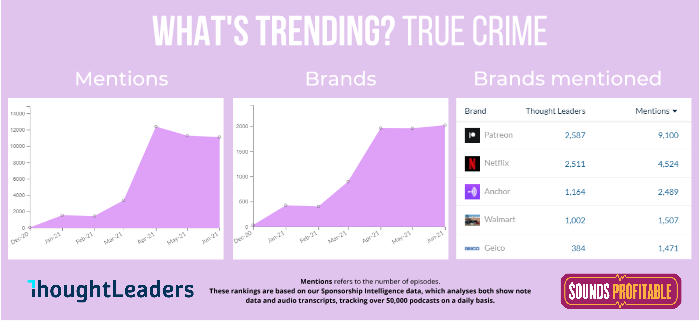
From Noam Yadin at ThoughtLeaders:
I’ve noticed a major increase in interest around True Crime podcasts as well as a major increase in the number of True Crime-based podcasts available. In April 2021 alone, there were over 5,000 podcasters mentioning ‘murder’, ‘true crime’, ‘serial killer’ or ‘cold cases’.
Question is – which came first: the chicken or the egg…in this case, listeners growing interest in murder, serial killers and cold cases leading to more podcasters and networks creating this type of content OR the dramatic increase in true crime-related podcast causing the pretty shocking interest in this field.

